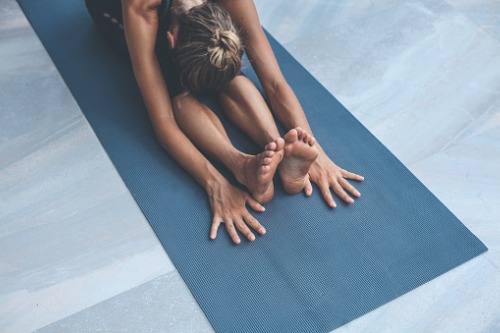
In recent years, there has been a renewed focus on keeping K-12 students physically active, especially in light of reports showing that an increasing number of young people are unhealthy and sedentary.
Australia’s universities are also taking this issue seriously, looking at ways to improve the physical and mental health of staff and students.
This week, Curtin University launched its CurtinMoves app in a bid to keep both students and staff moving for at least 30 minutes every day.
While the app is currently available only to students and staff, the University said it will be also extended to its local community within a month.
“It is important to create engaging opportunities for both students and staff to help reduce stress levels and improve clarity of thinking, while also building connections with other students and colleagues on campus,” David Russell, Curtin University’s head of sport and recreation, said.
“The [CurtinMoves] App will allow registered users to track their activity levels and workouts, challenge their friends to see who moves more, gain access to activities on campus, join in on-campus challenges, and find out information about the latest Curtin events”.
La Trobe University is another institution making moves in this area. Recently, the University released The Disability Resource to help organisations involved in sports or recreational activities involve people with disabilities in getting physically active.
According to ABS data, around 18.5% of the population in 2016 reported having a disability and 60% of these were not taking part in sports.
University sport management expert Dr Pam Kappelides said the online resource can make it easier to find programs and activities for people with disabilities, ultimately making sports organisations more inclusive.
A little goes a long way
A study conducted by the University of South Australia (UniSA) and MSH Medical School Hamburg found that having less than 2.5 hours of exercise a week can worsen mental health.
Meanwhile, healthy adults aged 18-64 who met the exercise guidelines of 150 minutes of moderate-intensity physical activity have better mental health wellbeing.
UniSA sports sociology expert Dr Katja Siefken – one of the researchers of the study – said the specifics of physical activities also matter.
Siefken said that while outdoor exercise can improve mental health, the study found that indoor team athletes had the lowest depression and anxiety scores, while athletes engaged in vigorous exercise had higher level of depression.
To ensure a healthy wellbeing, Siefken suggests that exercising at least 30 minutes a day over the course of five days is enough.


